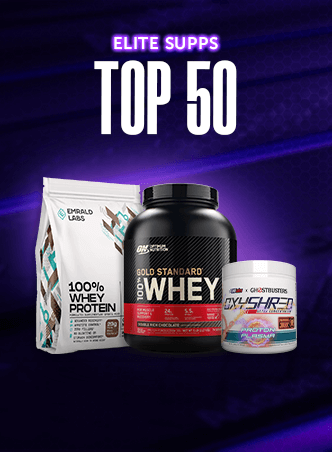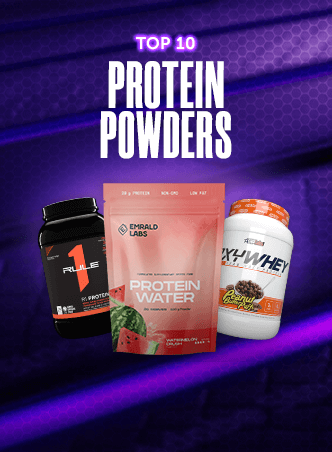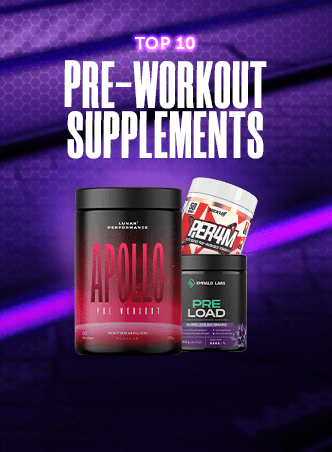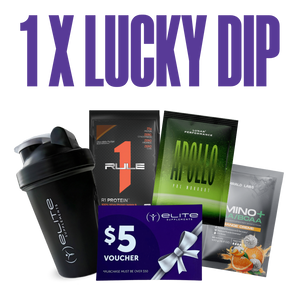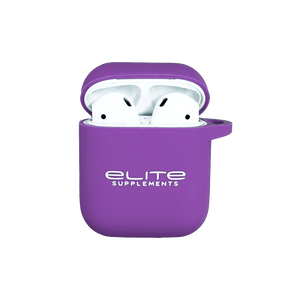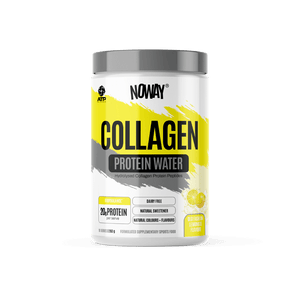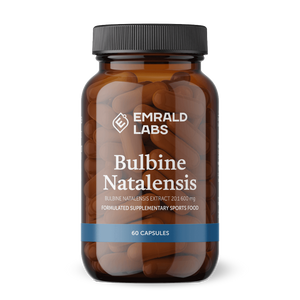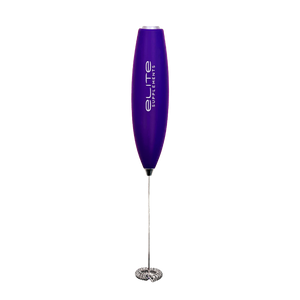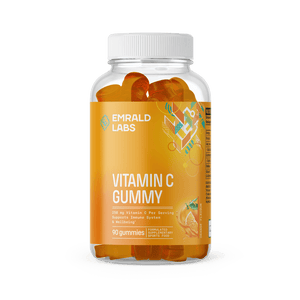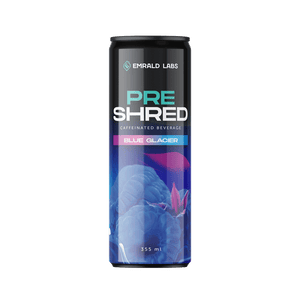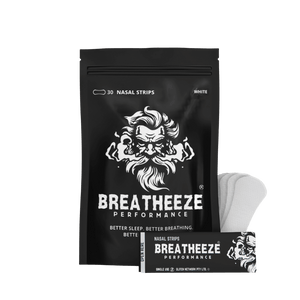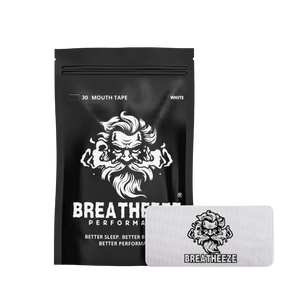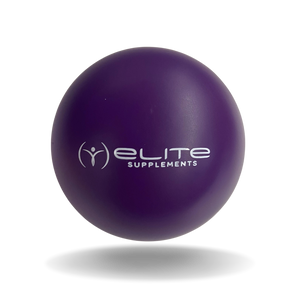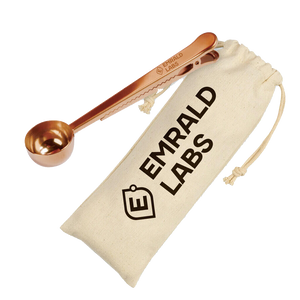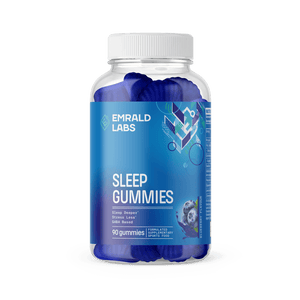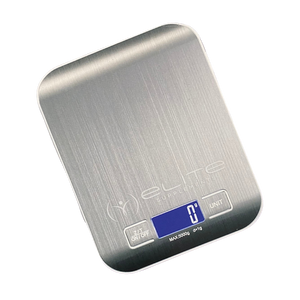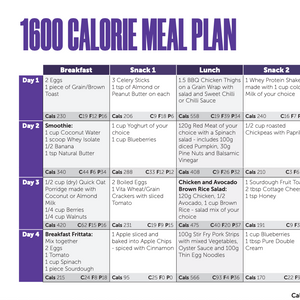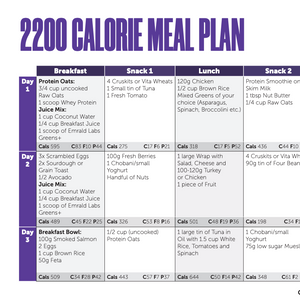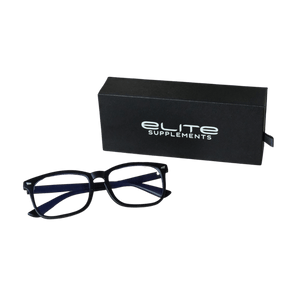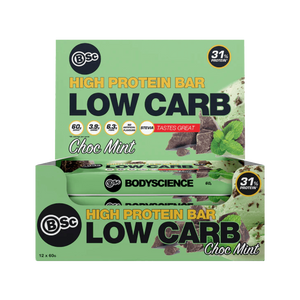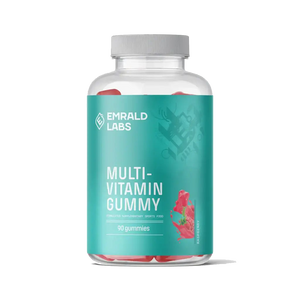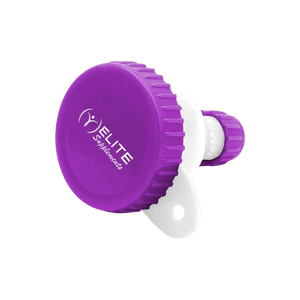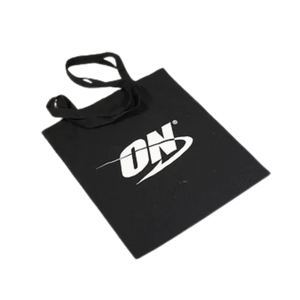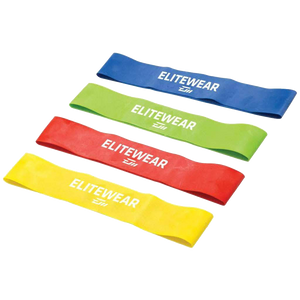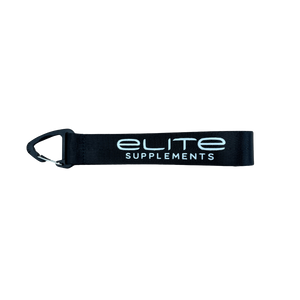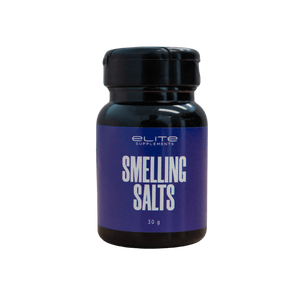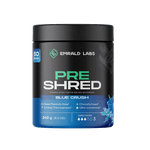
Collection: Gluten Free Protein Powder
Gluten Free Protein Powder
Looking for a gluten-free protein powder that is both healthy and effective? Look no further than Elite Supplements. If you suffer from coeliac disease or you're intolerant to gluten, our selection of gluten-free protein powders has everything you need to meet your nutritional needs.
Many protein powders are made from ingredients that are naturally free of gluten. However, as they may be made in factories that process other ingredients, they can be contaminated. This means that even if you purchase a protein powder made from gluten-free ingredients, it may not be safe for you to consume.
All the products listed on this page are confirmed by the manufacturer to be gluten-free. If you're looking to buy gluten-free protein powder online, our selection of whey, slow-release casein, and plant-based protein powder provides a healthy and delicious way to meet your daily protein needs.
Your source for gluten-free protein powder in Australia
As Australia's leading supplier of health and fitness supplements, we are committed to offering our customers the best possible products at the lowest prices. Our range of gluten-free protein shakes for men and women is no exception.
We only stock items from the most reputable brands in the industry, so you can be sure you're getting a high-quality product when you shop with us.
What's more, our relationship with suppliers means that we can offer competitive prices, and we're often the first to stock new product lines in Australia. We also run regular sales and promotions both online and in-store, so be sure to check back often to find the best deals on gluten-free protein powder.
Helping you to achieve your health and fitness goals
Whether you're looking to bulk up, slim down, or just maintain your current weight, our team of experts is here to help you choose the right products for your needs. We have a wealth of experience in the health and fitness industry, and we're always happy to share our knowledge with our customers on our blog. Want to help educate others about health and fitness and earn some extra cash? Join our affiliate program!
You may have dietary restrictions, but with our selection of protein powder for gluten-intolerant athletes, you'll find it easy to meet your nutritional needs — no matter what type of training you do.
FAQ
Many of our top protein powders use protein sources that are naturally gluten-free. Whey, casein, and plant proteins, such as pea and rice, are all gluten-free.
However, many protein powders contain additional ingredients such as thickeners, flavourings, and sweeteners, which may be derived from gluten-containing grains like barley or wheat (1, 2).
Therefore, the only way to ensure that a protein powder is truly gluten-free is to check its label. All products listed on this page have been confirmed by the manufacturer to be gluten-free.
The best way to ensure that your protein powder is gluten-free is to buy a product that has been certified by the manufacturer as being free from gluten. These products should contain gluten-free ingredients and be made in a factory that is safe from potential contamination with gluten (3, 4).
People with coeliac disease can safely consume gluten-free protein powders. However, it is important to avoid potential gluten contamination. It's best to check directly with the manufacturer if you're unsure about buying a product that is certified as being gluten-free.
Whey protein is naturally free of gluten, but some whey protein powders have additional ingredients that may contain gluten. Therefore, it is important to check the label for gluten-containing ingredients such as thickeners or flavourings or choose a product that's labelled as being a gluten-free whey powder.
If you are unsure, you can contact our team or the manufacturer directly to find out whether a product is safe for you.
Elite Supplements stocks a range of plant-based protein powders that are free from gluten and animal products. Our selection includes pea, rice, hemp, and other organic and vegan-friendly proteins from brands including PranaOn, White Wolf, and ANS.
Many of our protein powders are both lactose-free and gluten-free, meaning they are suitable for use by people with allergies or intolerances to these ingredients. If you're looking for a lactose-free protein powder, choose one made from plant-based ingredients, collagen, beef, egg, or a gluten-free whey protein isolate.
If you're trying to lose weight, you should look for a protein powder that is low in calories and contains quality ingredients. A protein powder with a high protein content will help you to feel fuller for longer and may help to reduce your overall calorie intake (5, 6, 7, 8).
Many of the products listed on this page are suitable for weight loss, but we recommend speaking to our team for specific advice. You can also check out our selection of fat-burning protein and keto protein powder. Additionally, using a meal replacement powder for weight loss can be an effective way to achieve your goals (9, 10).
Mass gainer protein powder is a great choice if you're looking to build muscle and improve your strength. These products typically contain a high protein content, as well as carbohydrates and fats to provide extra calories for weight gain (11, 12, 13).
References
1. Rajpoot, P., & Makharia, G. K. (2013). Problems and challenges to adaptation of gluten free diet by Indian patients with celiac disease. Nutrients, 5(12), 4869–4879. https://doi.org/10.3390/nu5124869
2. Jones A. L. (2017). The Gluten-Free Diet: Fad or Necessity?. Diabetes spectrum: a publication of the American Diabetes Association, 30(2), 118–123. https://doi.org/10.2337/ds16-0022
3. Tricia Thompson, Anne Roland Lee, Thomas Grace, Gluten Contamination of Grains, Seeds, and Flours in the United States: A Pilot Study, Journal of the American Dietetic Association, Volume 110, Issue 6, 2010, Pages 937-940, https://doi.org/10.1016/j.jada.2010.03.014.
4. Ana Luísa Falcomer, Letícia Santos Araújo, Priscila Farage, Jordanna Santos Monteiro, Eduardo Yoshio Nakano & Renata Puppin Zandonadi (2020) Gluten contamination in food services and industry: A systematic review, Critical Reviews in Food Science and Nutrition, 60:3, 479-493. https://doi.org/10.1080/10408398.2018.1541864
5. Frestedt, J. L., Zenk, J. L., Kuskowski, M. A., Ward, L. S., & Bastian, E. D. (2008). A whey-protein supplement increases fat loss and spares lean muscle in obese subjects: a randomized human clinical study. Nutrition & metabolism, 5, 8. https://doi.org/10.1186/1743-7075-5-8
6. Abou-Samra, R., Keersmaekers, L., Brienza, D., Mukherjee, R., & Macé, K. (2011). Effect of different protein sources on satiation and short-term satiety when consumed as a starter. Nutrition journal, 10, 139. https://doi.org/10.1186/1475-2891-10-139
7. Blatt, A. D., Roe, L. S., & Rolls, B. J. (2011). Increasing the protein content of meals and its effect on daily energy intake. Journal of the American Dietetic Association, 111(2), 290–294. https://doi.org/10.1016/j.jada.2010.10.047
8. Moon, J., & Koh, G. (2020). Clinical Evidence and Mechanisms of High-Protein Diet-Induced Weight Loss. Journal of obesity & metabolic syndrome, 29(3), 166–173. https://doi.org/10.7570/jomes20028
9. Davis, L. M., Coleman, C., Kiel, J., Rampolla, J., Hutchisen, T., Ford, L., Andersen, W. S., & Hanlon-Mitola, A. (2010). Efficacy of a meal replacement diet plan compared to a food-based diet plan after a period of weight loss and weight maintenance: a randomized controlled trial. Nutrition journal, 9, 11. https://doi.org/10.1186/1475-2891-9-11
10. Jihyun Min, Seo-Young Kim, In-Soo Shin, Young-Bae Park, Young-Woo Lim, The Effect of Meal Replacement on Weight Loss According to Calorie-Restriction Type and Proportion of Energy Intake: A Systematic Review and Meta-Analysis of Randomized Controlled Trials, Journal of the Academy of Nutrition and Dietetics, Volume 121, Issue 8, 2021, Pages 1551-1564.e3, https://doi.org/10.1016/j.jand.2021.05.001.
11. Pasiakos SM, McLellan TM, Lieberman HR. The effects of protein supplements on muscle mass, strength, and aerobic and anaerobic power in healthy adults: a systematic review. Sports Med. 2015 Jan;45(1):111-31. https://doi.org/10.1007/s40279-014-0242-2
12. Bray GA, Smith SR, de Jonge L, Xie H, Rood J, Martin CK, Most M, Brock C, Mancuso S, Redman LM. Effect of dietary protein content on weight gain, energy expenditure, and body composition during overeating: a randomized controlled trial. JAMA. 2012 Jan 4;307(1):47-55. https://doi.org/10.1001/jama.2011.1918
13. Li Z, Heber D. Overeating and overweight: extra calories increase fat mass while protein increases lean mass. JAMA. 2012 Jan 4;307(1):86-7. https://doi.org/10.1001/jama.2011.1959
